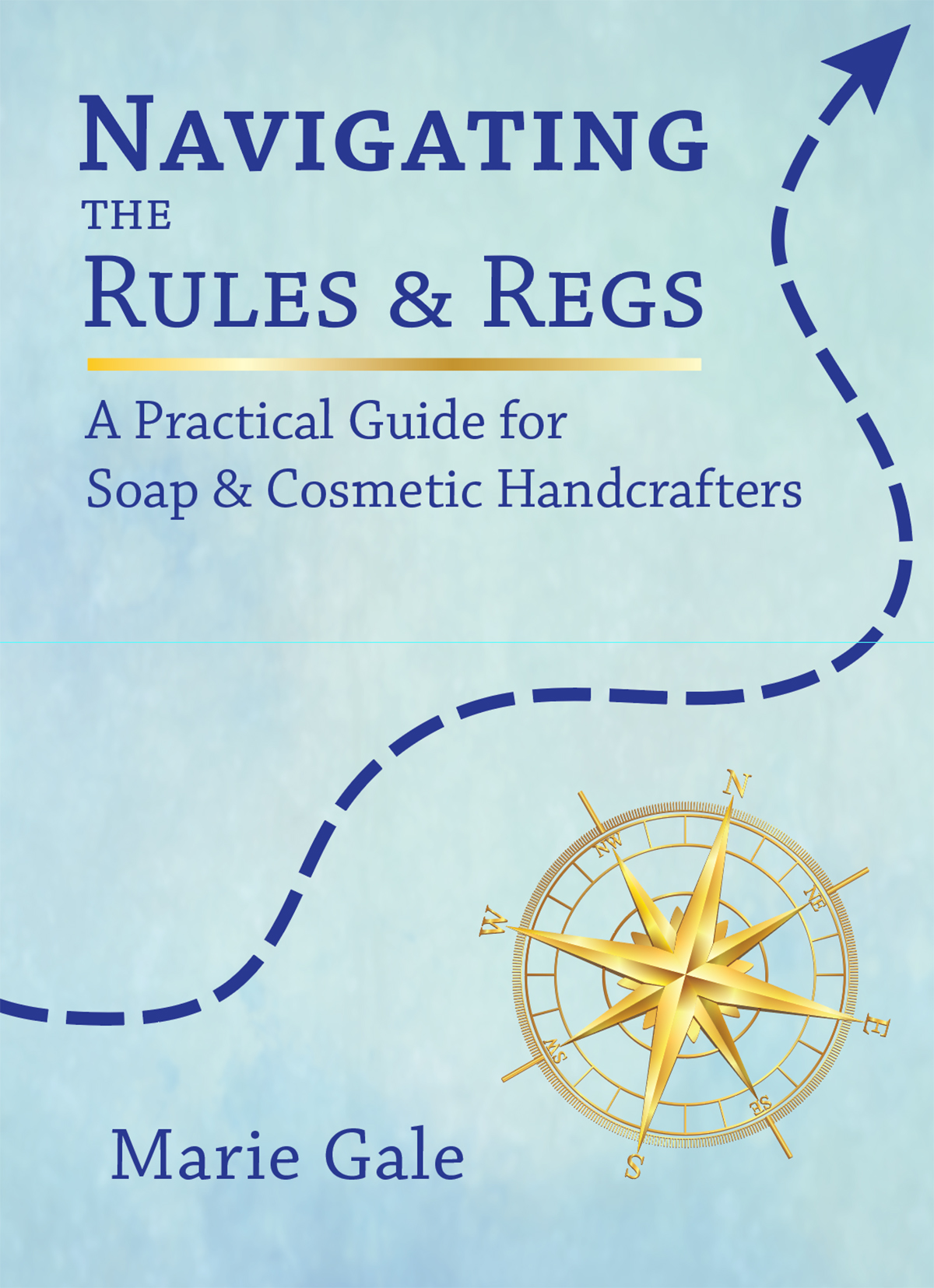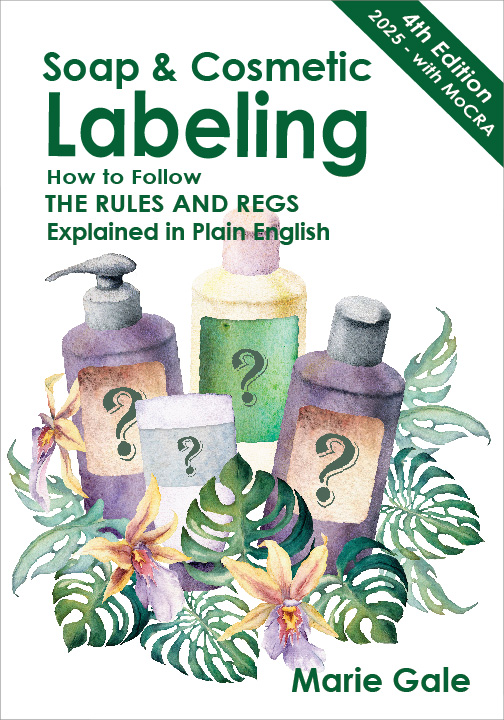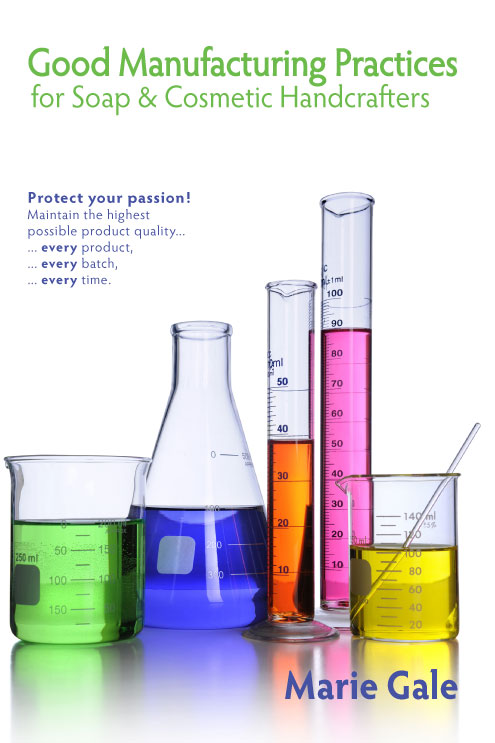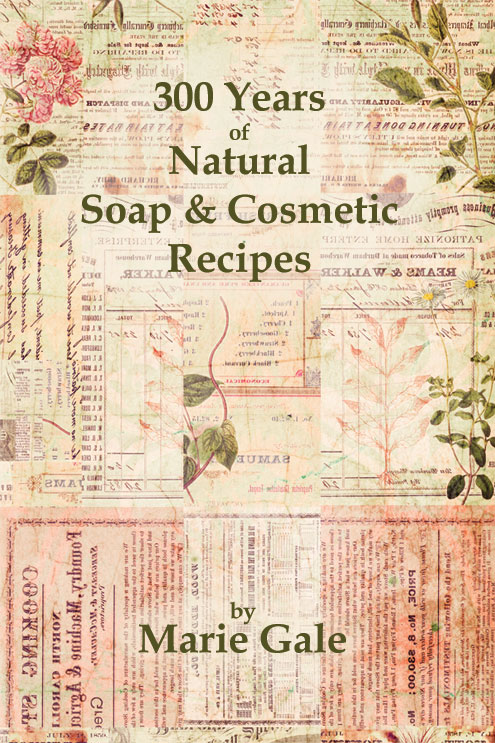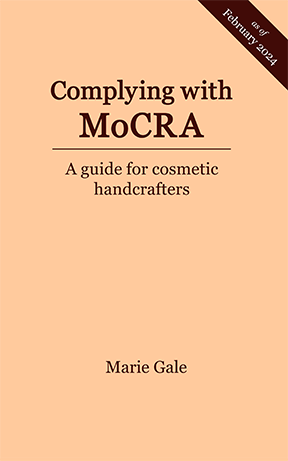
Hi, I’m Marie Gale.
For over 15 years I’ve been researching and following the world of laws, regulations, standards and guidelines for the handcrafted soap and cosmetic industry. What started as a personal quest to understand soap and cosmetic labeling for my own products has grown into a deep understanding of the myriad of requirements that handcrafted soap and cosmetics makers are subject to.
My personal passion to assist others to understand and follow the labeling and other requirements grew out of all that research. If I had my way, no handcrafter would ever experience the stress and heartache of unwittingly running afoul of the the laws and regulations.
There is peace of mind in knowing that you are compliant with the applicable regulations. I’m here to help you achieve that stress-free relationship with your products and your business.
Whether you know it or not, you’ve been an invaluable resource for me throughout our years in business as I’ve relied on your many books whenever I have questions. I’ve recently purchased “Navigating the Rules & Regulations” and am going through it with tabs & a highlighter and am learning more than I ever expected. — Julia
Latest blog articles
-
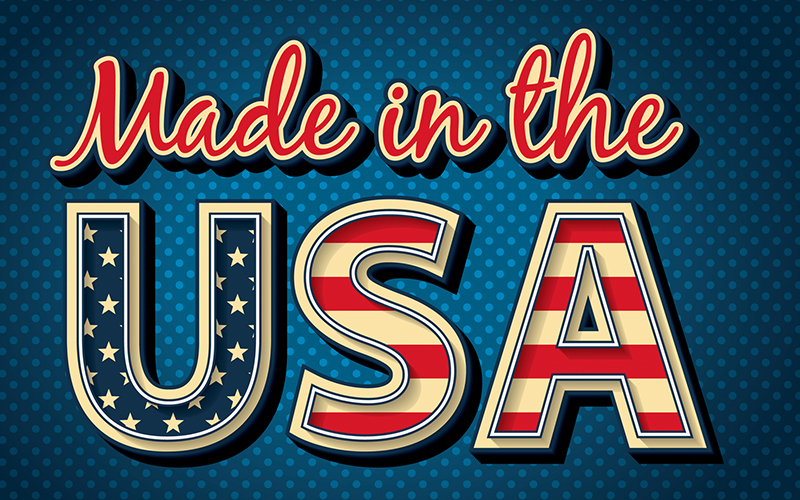
Made in the USA
If you want to make the claim that a product is “Made in the USA” you must comply with the Federal Trade Commission’s “Made in the USA” policy.
-

Making Cosmetics in Ohio
Ohio is one of the several states that have additional requirements for cosmetic makers.
-
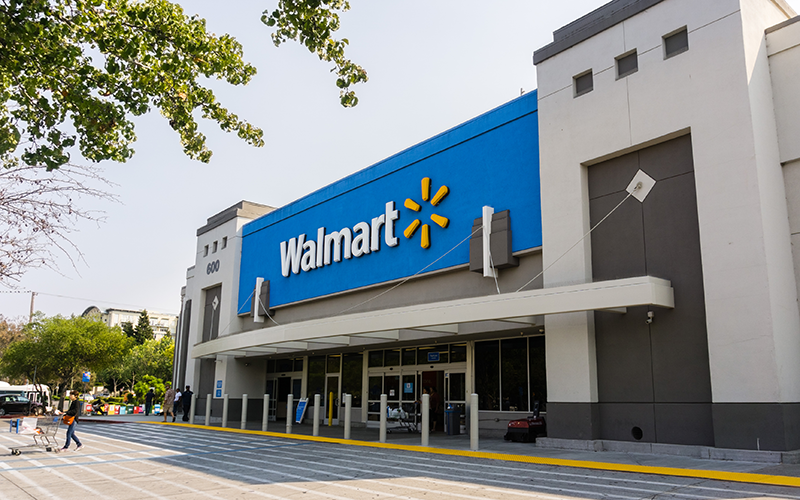
The Importance of Good Manufacturing Practices
Sometimes it’s easy to think that keeping in Good Manufacturing Practices when making cosmetics is just a good idea—a “suggestion” rather than a “rule.” I suppose that idea is reinforced by the fact that cosmetic GMP isn’t actually in the regulations, it’s a “guidance.” Events of the past several months have shown that GMP failures can have devastating, even deadly, results. The story I’m about…
-
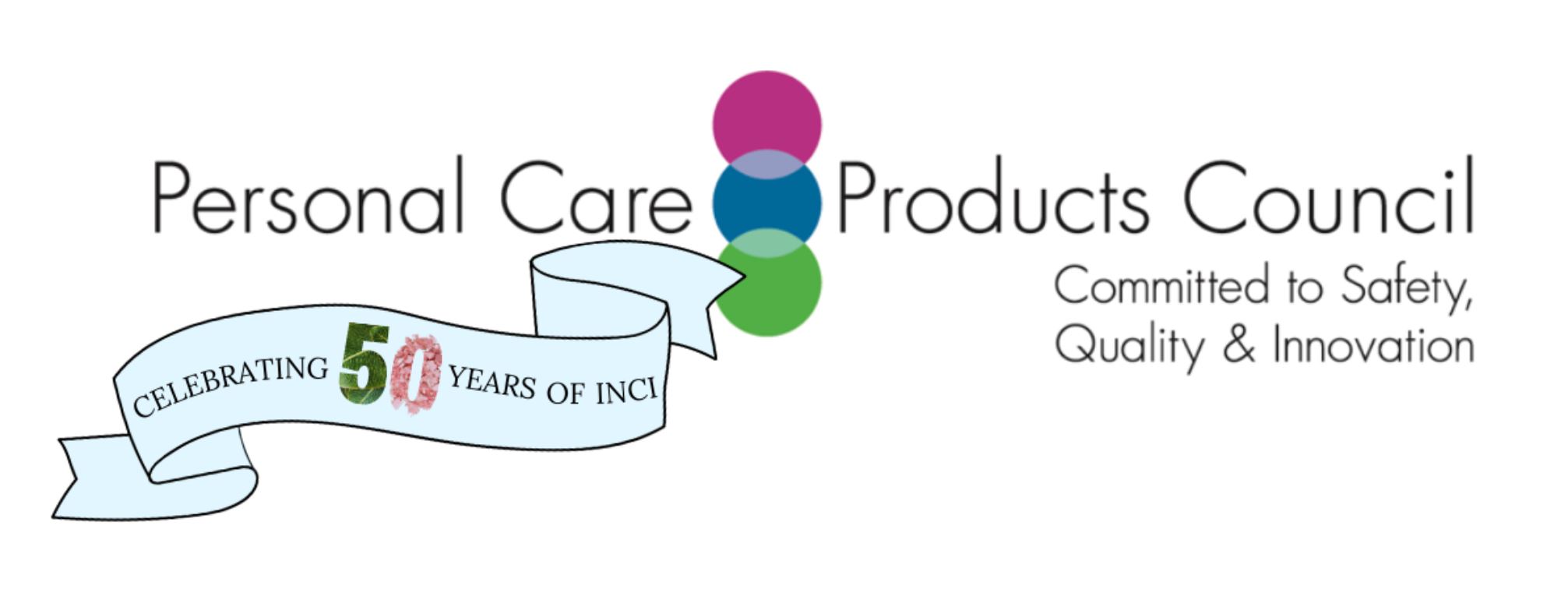
What is INCI?
The INCI is a list of the standardized and internationally accepted names of ingredients which should be used in the ingredient declaration …,. mostly.
-

FDA Policy Change on Hand Sanitizers
On October 12th, 2021, the FDA announced they are withdrawing their temporary policies allowing manufacturers who were not drug manufacturers to produce certain alcohol-based hand sanitizers. Background In the US (and elsewhere) hand sanitizers are classified as drugs—usually over-the-counter drugs. They must be manufactured by approved drug manufacturers in facilities that are registered, inspected, and approved. Drug manufacturers must follow one of several possible formulations.…
-
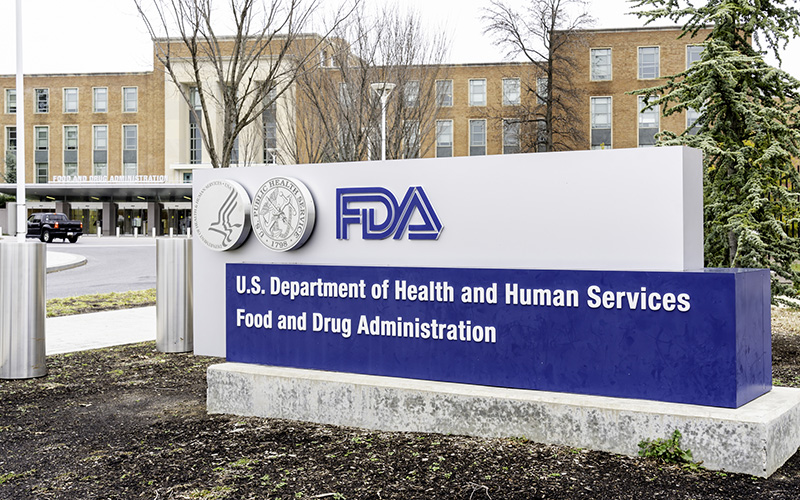
FDA Warning Letters 2021
I’ve been receiving a lot notices of FDA warning letters, so I reviewed the last 106 warning letters (60 days) to see what sort of warnings they have been sending out lately. Here’s the breakdown of the types of products cited (in descending order). Unapproved New Drugs Warning letters concerning cosmetics are usually found under the “unapproved new drug” category, since that’s the most likely…
-

Ingredient Declarations for Soap (US Only)
Is an ingredient declaration required on your soaps? Let’s take a look!
-
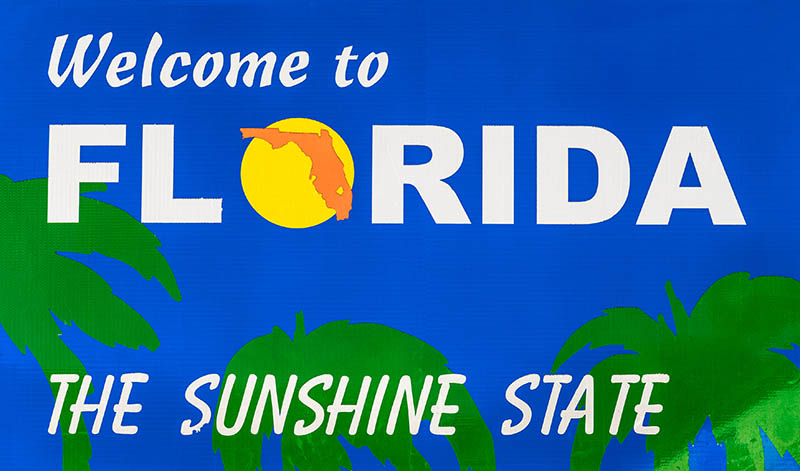
Florida – 2021-Changes to Cosmetic Manufacturers Law
The laws for cosmetic manufacturers in Florida have been updated and now include a small business exemption!
-

Making Cosmetics in Alabama
There don’t appear to be any regulations covering the manufacture of soap or cosmetics that differ from the federal regulations. In other words, there is no pre-approval or registration required.
-
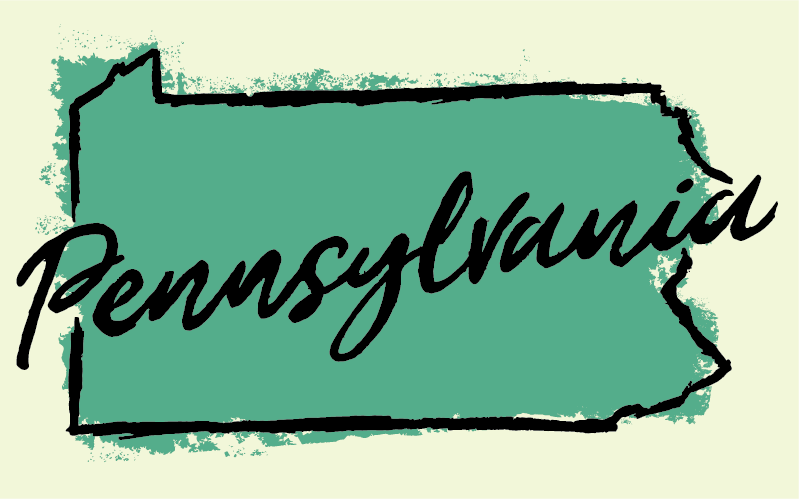
Making Cosmetics in Pennsylvania
Pennsylvania has requirements for cosmetic manufacturers, including registration.
-
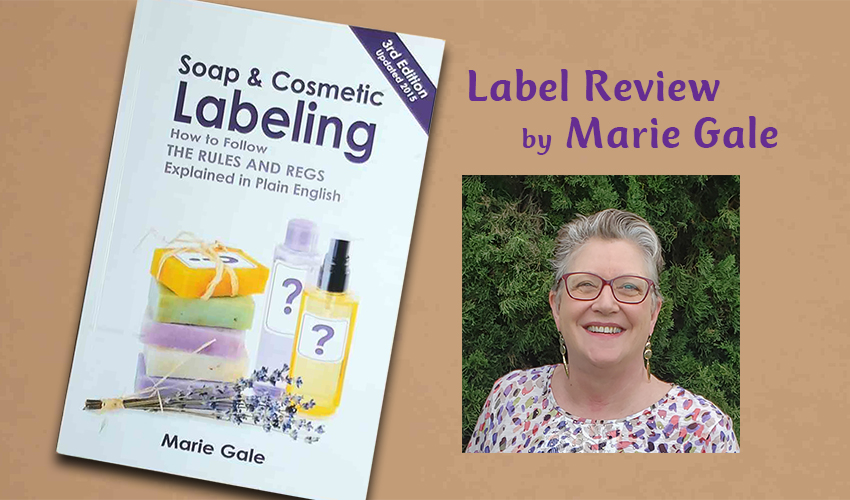
Label Review – Trader Joe’s Foam Soap (Video)
Let’s check out the package and label of a bottle of Trader Joe’s Botanical Bounty Foaming Hand Soap!
-

Herbal Entrepreneur Conference 2021
I am so honored to be included in this year’s Herbal Entrepreneur Conference being held virtually March 21 – March 27th! This is the 3rd such annual conference. My session, “What You Need To Know About Labelling Herbal Products” will be on March 23rd at 11AM (PST).
MORE RESOURCES
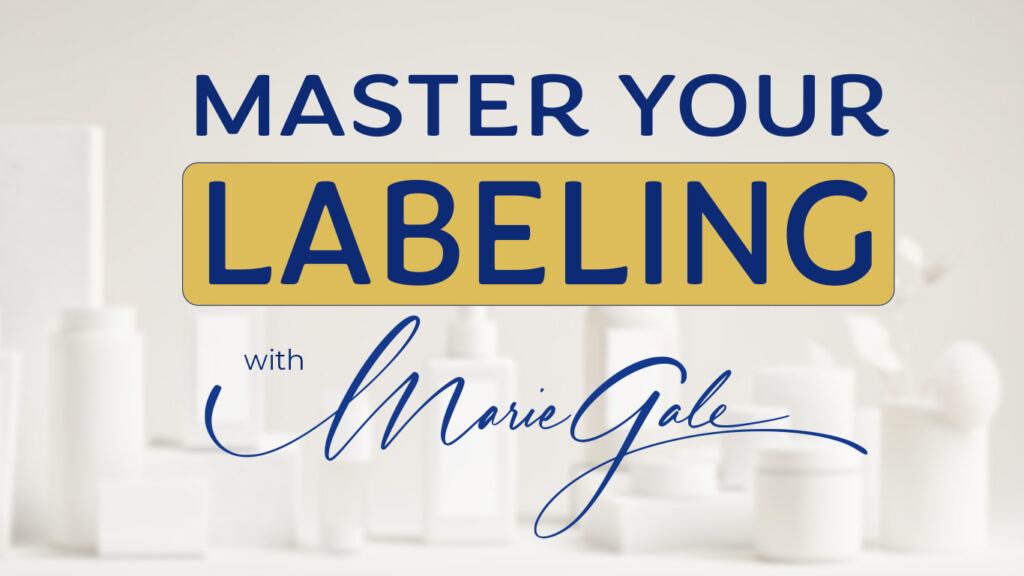
Membership
$37 per month
Affordable and easily accessible ongoing support through courses, coaching, regularly scheduled Zoom Q + A sessions, a private Facebook group, and more. You don’t just learn what the rules are—you learn how to apply them to your business and get help when and how you need it.
Label Review
$125 per label
If you want another set of (experienced) eyes on your label to make sure it meets all the requirements, a label review is a good choice. A label review checks your label against the pertinent regulations. You get a checklist showing if corrections are needed (or not), along with documentation to help you understand the requirements. Label reviews take about a week. Once your review is complete, you can send me the revised label and I’ll take a look to make sure everything is in order.
I wanted my labels to be as close to compliant as I could get them. I took advantage of your label review service and can’t thank you enough for your expert advice. It was money well spent! — N.M.
Consulting
$100 – $150 per hour
Consulting is the tailor-made solution to address whatever your concerns are with your labeling, GMP, MoCRA compliance, safety substantiation, and the like. Consulting can be as simple as just answering the questions you have by email, phone or online meeting, or it can cover reviewing all your labels, ingredient declarations, website copy, safety substantiation documentation, and good manufacturing practices. It’s your call – I’m here to help with what you need.
I speak on behalf of the entire team that we are all very appreciative of your work in helping us grow our brand. It is a big step for us, and you have been instrumental in making that a reality. Thank you for your help. — D.C..
Books
